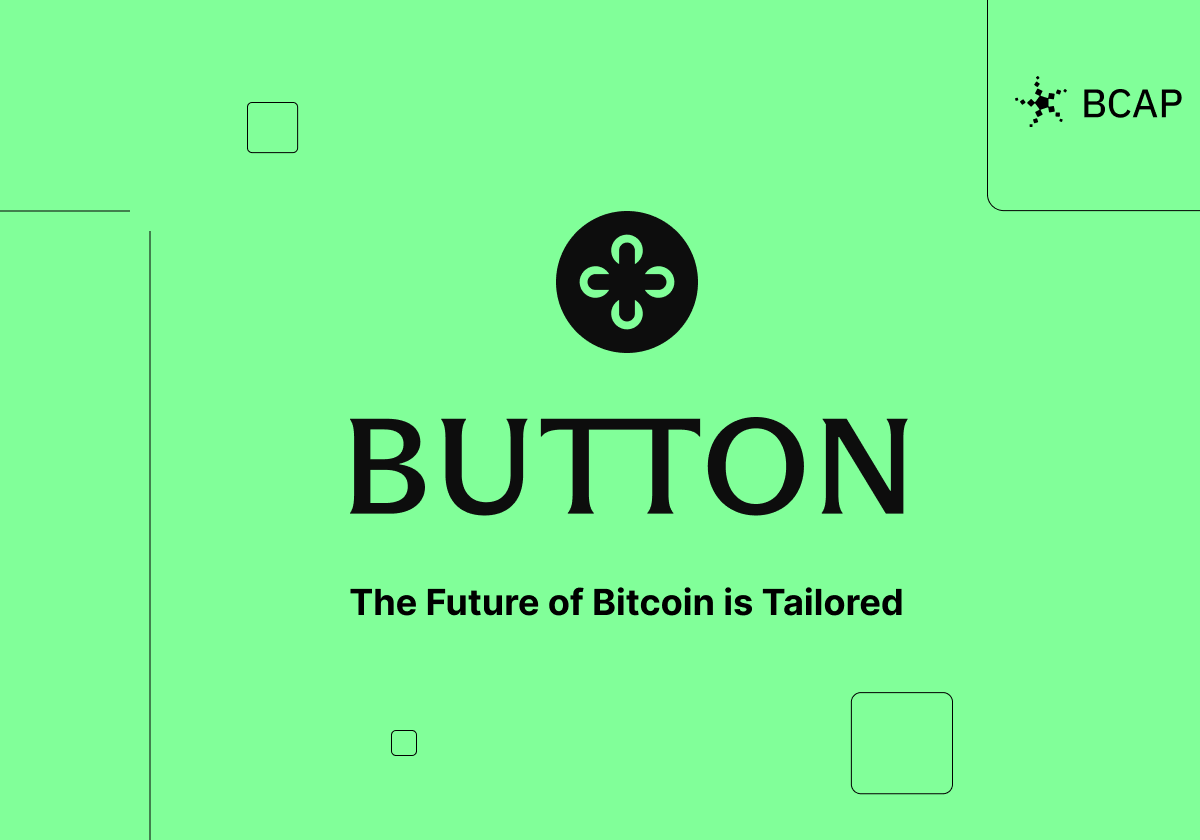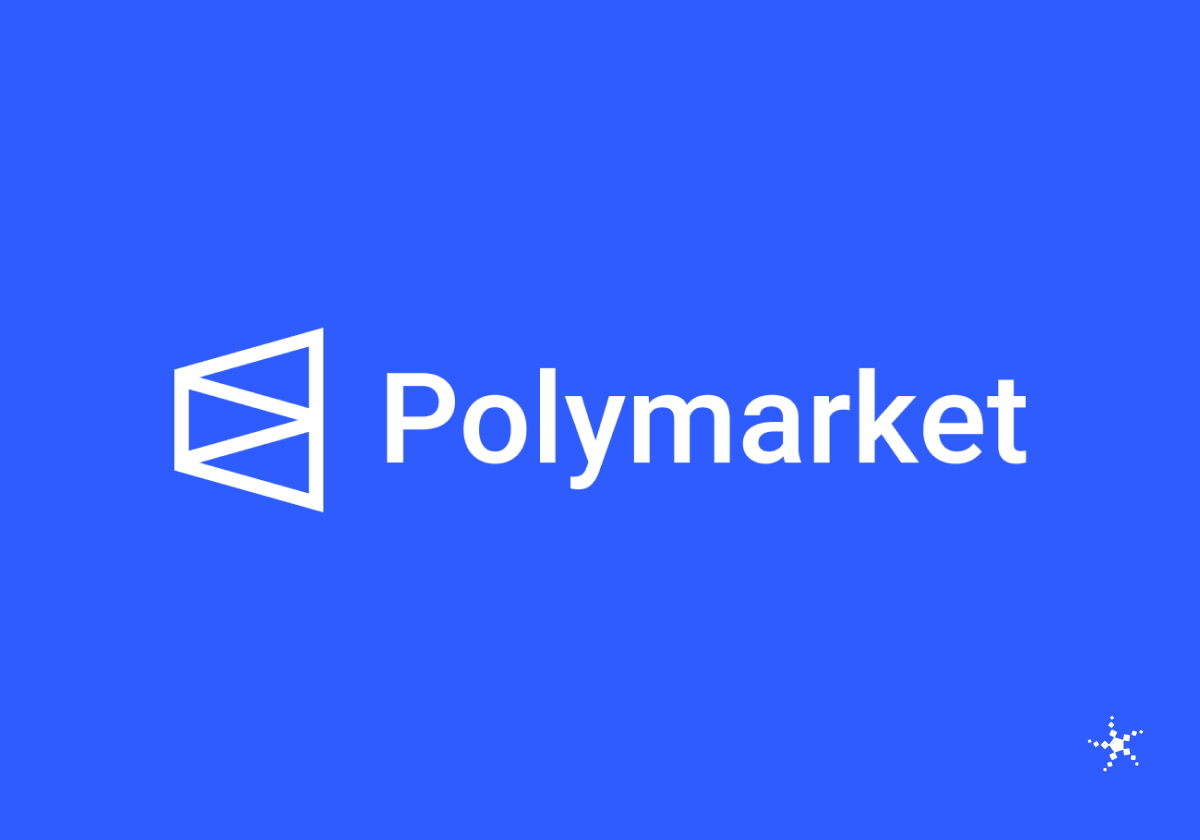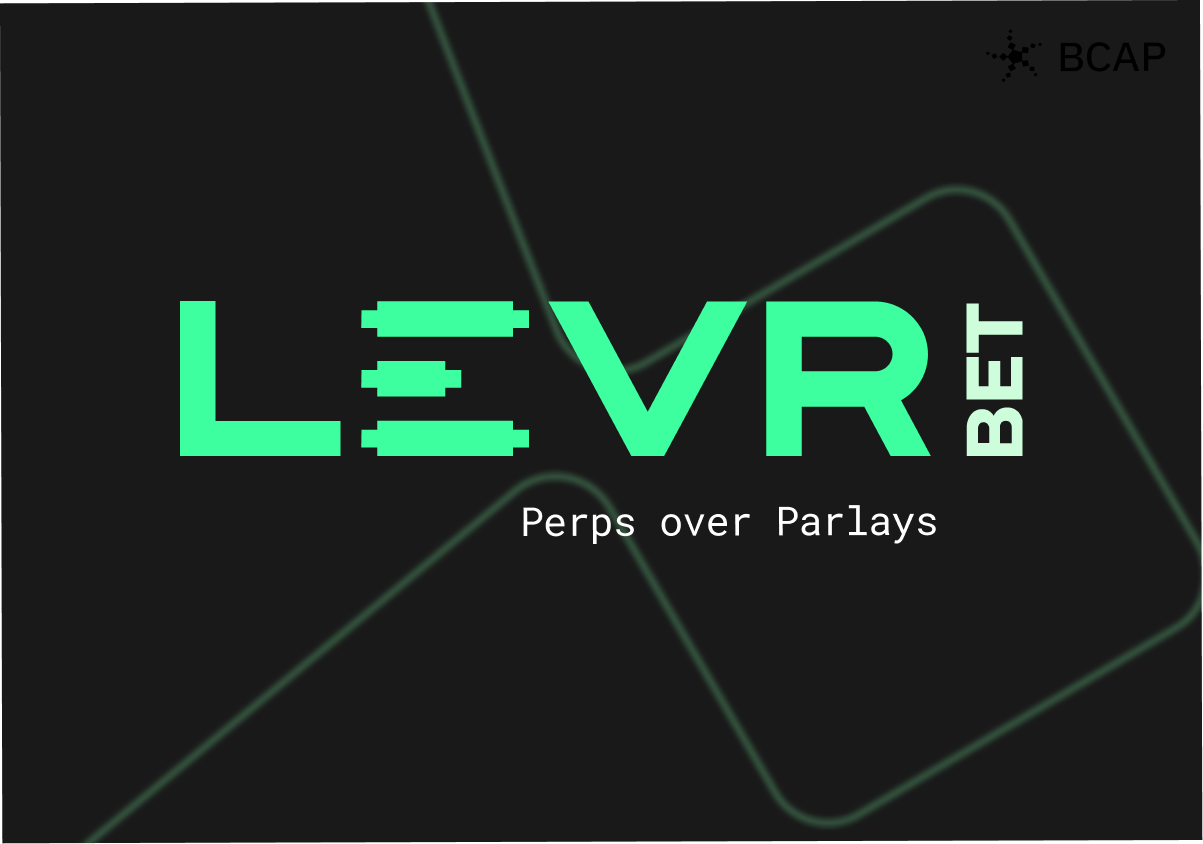
Unleashing Bitcoin’s Potential with QED
Building applications on Bitcoin has historically been very difficult. While most new blockchains have turing-complete programming capabilities, the Bitcoin community intentionally keeps Bitcoin Core simple to minimize risks that could detract from its ability to be a reliable store of value. The merits of this strategy are self-evident; Bitcoin is the most valuable blockchain by far and many people and institutions trust Bitcoin because of its principled, conservative development process and unwavering commitment to decentralization. The downside, however, is that it left the Bitcoin community to watch from the sidelines as transformative technologies like DeFi, NFTs and ZKPs blossomed on Ethereum et al.
While this sounds like a costly trade-off, it turns out that Bitcoin can catch up surprisingly quickly if the requisite features are added in a way that the community supports (e.g. without introducing significant trust assumptions). This is evidenced by the runaway success of Ordinals, which leveraged the widely supported Taproot upgrade to inscribe NFTs into Bitcoin. Despite coming from way behind, Bitcoin’s NFT ecosystem achieved dominant market share by trading volume in less than a year -- demonstrating the latent potential of the Bitcoin community.

However, there is still no way to add turing-complete scripting to Bitcoin without introducing significant trust assumptions (e.g. via sidechains) or impractically high costs (e.g. via BitVM). Without a soft fork that enables efficient proof verification, Bitcoin remains sidelined on the lion’s share of non-money opportunities.
Or so we thought… until we met QED.
Today, we’re thrilled to announce that we’ve led the Seed financing round of QED -- Bitcoin’s first trustless execution layer. The QED team found an ingenious way to cheaply verify zero knowledge proofs on Bitcoin Core today, enabling the first native execution environment that can run smart contracts and layer 2 networks. Importantly, it adheres to Bitoin’s values: QED is non-custodial, trustless, and fully secured by Bitcoin’s proof of work.
How do they accomplish this? After years of research, the brilliant QED team discovered a way to use Taproot scripts to reimplement OP_MUL (the opcode necessary for ZKP verification) using existing instructions, thus enabling ZKP verification natively on Bitcoin without requiring any protocol changes. The only additional assumption needed is in the cryptographic security guarantees of the SNARK scheme, which is as good as it gets with current state-of-the-art cryptography. Put simply, QED is a 10-100x improvement over alternative technologies and marks a seminal breakthrough for the Bitcoin ecosystem.
By adding ZKP verification to Bitcoin, QED provides a sorely needed solution to both smart contract and layer 2 network developers who want to build on Bitcoin. In addition to enabling powerful DeFi, NFT, and ZKP use cases, QED features a horizontally scalable architecture designed to provide out-of-the-box interoperability between rollups, setting the foundation for a network of ZK rollups that can facilitate orders of magnitude more transactions natively on Bitcoin. It also provides the first practical way to trustless-ly bridge assets from other smart contract chains to Bitcoin, and vice versa. This is already resonating strongly with major ZK ecosystems and the QED-established L2O Consortium recently launched with an impressive roster of members that includes StarkWare, Polygon Miden, zk.Link, O1 Labs and Mina Foundation.
QED is led by co-founders Carter Feldman and Tony Lu, who have a rare combination of engineering skills and business acumen that uniquely suit them for the herculean task of pioneering a new and powerful way to use Bitcoin and coordinating the crypto ecosystem around it. Carter is a technical prodigy whose career began early in his teens when he founded ModPE, the world’s first modding platform for Minecraft Pocket Edition, which today boasts over 20 million installs and is used by over 150 thousand active developers. He also built and sold a VR startup to iDreamSky, and founded the crypto infrastructure company Rapid before starting QED in 2023. Carter’s technical leadership is complemented by his co-founder Tony, who was formerly a founding team member of and Head of Business Development at Binance’s NFT business, and a Senior Investment Director at the VC firm Gobi Partners before that.
If the success of Ordinals is any indication, QED has the potential to catalyze a Cambrian explosion of innovation on Bitcoin, activating latent demand from the Bitcoin community that has been patiently waiting for a performant technological foundation that aligns with their values and doesn’t interfere with Bitcoin’s simplicity. We couldn’t be more excited to work with Carter and Tony as they bring the power of ZK and smart contracts to Bitcoin.
Blockchain Capital is an investor in one or more of the protocols mentioned above. The views expressed in each blog post may be the personal views of each author and do not necessarily reflect the views of Blockchain Capital and its affiliates. Neither Blockchain Capital nor the author guarantees the accuracy, adequacy or completeness of information provided in each blog post. No representation or warranty, express or implied, is made or given by or on behalf of Blockchain Capital, the author or any other person as to the accuracy and completeness or fairness of the information contained in any blog post and no responsibility or liability is accepted for any such information. Nothing contained in each blog post constitutes investment, regulatory, legal, compliance or tax or other advice nor is it to be relied on in making an investment decision. Blog posts should not be viewed as current or past recommendations or solicitations of an offer to buy or sell any securities or to adopt any investment strategy. The blog posts may contain projections or other forward-looking statements, which are based on beliefs, assumptions and expectations that may change as a result of many possible events or factors. If a change occurs, actual results may vary materially from those expressed in the forward-looking statements. All forward-looking statements speak only as of the date such statements are made, and neither Blockchain Capital nor each author assumes any duty to update such statements except as required by law. To the extent that any documents, presentations or other materials produced, published or otherwise distributed by Blockchain Capital are referenced in any blog post, such materials should be read with careful attention to any disclaimers provided therein.










.png)
.png)

.jpg)
